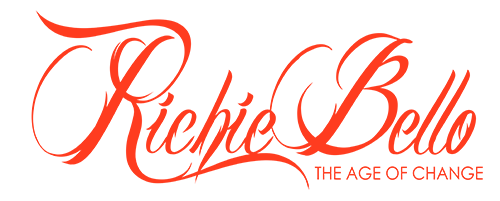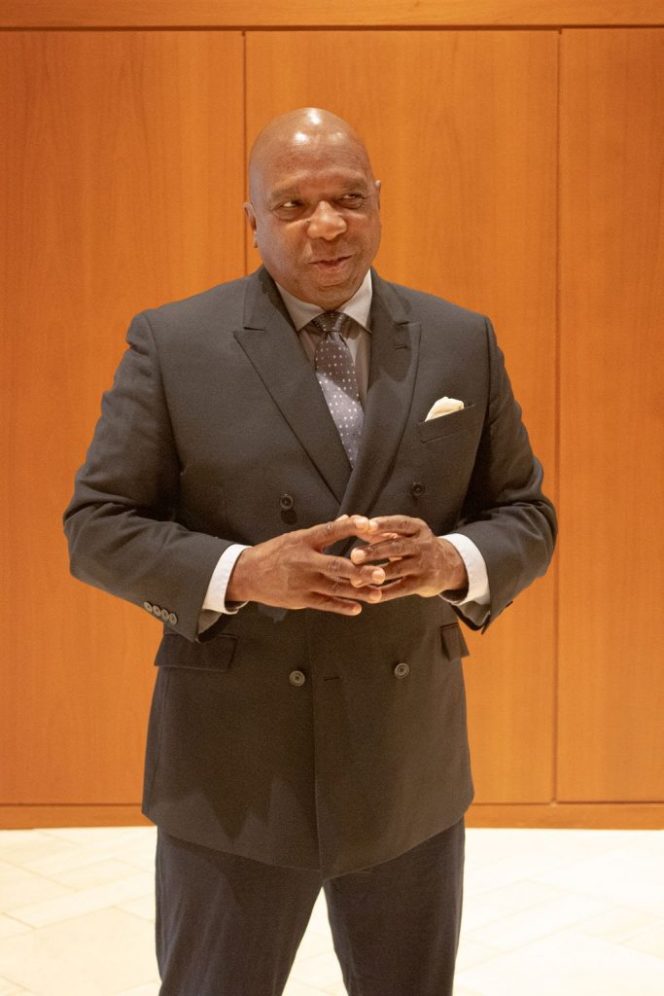CHAMPION STRATEGIES – PUBLIC SPEAKING WORKSHOP – NOVEMBER 8, 2021-1
Freedom of Speech and the Press
“Congress shall make no law . . . abridging the freedom of speech, or of the press.” What does this mean today? Generally speaking, it means that the government may not jail, fine, or impose civil liability on people or organizations based on what they say or write, except in exceptional circumstances.
Although the First Amendment says “Congress,” the Supreme Court has held that speakers are protected against all government agencies and officials: federal, state, and local, and legislative, executive, or judicial. The First Amendment does not protect speakers, however, against private individuals or organizations, such as private employers, private colleges, or private landowners. The First Amendment restrains only the government.
The Supreme Court has interpreted “speech” and “press” broadly as covering not only talking, writing, and printing, but also broadcasting, using the Internet, and other forms of expression. The freedom of speech also applies to symbolic expression, such as displaying flags, burning flags, wearing armbands, burning crosses, and the like.
The Supreme Court has held that restrictions on speech because of its content—that is, when the government targets the speaker’s message—generally violate the First Amendment. Laws that prohibit people from criticizing a war, opposing abortion, or advocating high taxes are examples of unconstitutional content-based restrictions. Such laws are thought to be especially problematic because they distort public debate and contradict a basic principle of self-governance: that the government cannot be trusted to decide what ideas or information “the people” should be allowed to hear.
There are generally three situations in which the government can constitutionally restrict speech under a less demanding standard.
1. In some circumstances, the Supreme Court has held that certain types of speech are of only “low” First Amendment value, such as:
a. Defamation: False statements that damage a person’s reputations can lead to civil liability (and even to criminal punishment), especially when the speaker deliberately lied or said things they knew were likely false. New York Times v. Sullivan (1964).
b. True threats: Threats to commit a crime (for example, “I’ll kill you if you don’t give me your money”) can be punished. Watts v. United States (1969).
c. “Fighting words”: Face-to-face personal insults that are likely to lead to an immediate fight are punishable. Chaplinsky v. New Hampshire (1942). But this does not include political statements that offend others and provoke them to violence. For example, civil rights or anti-abortion protesters cannot be silenced merely because passersby respond violently to their speech. Cox v. Louisiana (1965).
d. Obscenity: Hard-core, highly sexually explicit pornography is not protected by the First Amendment. Miller v. California (1973). In practice, however, the government rarely prosecutes online distributors of such material.
e. Child pornography: Photographs or videos involving actual children engaging in sexual conduct are punishable, because allowing such materials would create an incentive to sexually abuse children in order to produce such material. New York v. Ferber (1982).
f. Commercial advertising: Speech advertising a product or service is constitutionally protected, but not as much as other speech. For instance, the government may ban misleading commercial advertising, but it generally can’t ban misleading political speech. Virginia Pharmacy v. Virginia Citizens Council (1976).









